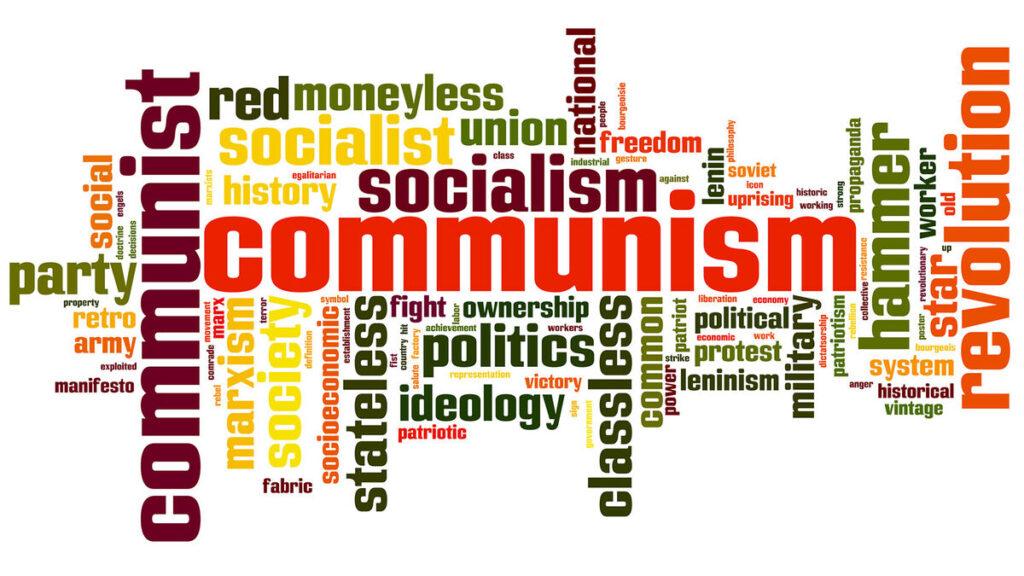The media plays a significant role in shaping political opinions and beliefs. Through various channels such as television, radio, newspapers, and the internet, the media has the power to influence public opinion on political issues, candidates, and policies.
In this essay, I will explore the influence of the media on political opinions and beliefs and its implications for democracy.
One of the most significant ways in which the media influences political opinions and beliefs is through agenda-setting. Agenda-setting refers to the ability of the media to shape the public’s perception of what issues are important and deserving of attention.
By highlighting certain issues and downplaying others, the media can influence the public’s perception of what issues are most pressing and in need of action. This can shape the public’s political opinions and beliefs and influence the policy priorities of elected officials.

Moreover, the media can influence political opinions and beliefs through framing. Framing refers to the way in which the media presents information and shapes the narrative around political issues.
By framing political issues in a particular way, the media can influence how the public perceives and understands these issues. This can shape specific political beliefs also opinions, influencing the public’s response to political events.
Another way in which the media influences political opinions and beliefs is through the selection and presentation of news stories. The media shapes public perception of political issues by selectively choosing and presenting news stories in a particular way.
The media’s selection and presentation of news stories shape public political opinions, influencing responses to political events.
Moreover, the media can influence political opinions and beliefs through persuasive techniques such as propaganda and advertising. Propaganda refers to the use of misleading or biased information to influence public opinion.
Advertising refers to the use of persuasive techniques to promote certain political candidates, policies, or beliefs. Using these techniques, the media shapes public political opinions also beliefs, influencing their response to political events.
Media’s influence on political opinions threatens democracy by shaping public perception, potentially causing a lack of diversity also representation in the political system.
The media’s agenda-setting and framing can marginalize groups and perspectives, contributing to a lack of informed public opinion.
Furthermore, media’s use of persuasive techniques, such as propaganda and advertising, can undermine transparency and accountability in the political system.
By promoting specific candidates, policies, or beliefs, the media can undermine democracy by prioritizing certain interests over the general public’s.
To address the influence of the media on political opinions and beliefs, there are several measures that can be taken. One of the most significant measures is the promotion of media literacy among citizens.
Media literacy is the ability to critically evaluate and analyze media messages and sources. Promoting media literacy helps citizens navigate the complex media landscape also make informed decisions on political issues.
Moreover, regulations on the media can ensure greater transparency and accountability in the political system. Regulations can limit media use of propaganda and advertising techniques, mandating increased transparency and disclosure of ownership and funding.
This can promote greater diversity and representation in the media, leading to a more informed and diverse public opinion.
Furthermore, there is a need for greater diversity and representation in the media. Promoting media diversity and representation ensures varied perspectives and voices in political discourse.
This fosters a more informed and diverse public opinion, promoting greater accountability, transparency, and representation in the political system.
Conclusion
the media significantly shapes political opinions through agenda-setting, framing, news story selection, and persuasive techniques.
Media influence on political opinions can threaten democracy by potentially reducing diversity, representation, transparency, and accountability in the political system.
To address media influence on political opinions, implement measures such as promoting media literacy, enforcing media regulations, and enhancing diversity and representation.
These measures promote accountability, transparency, and representation in the political system, ensuring the media serves the interests of the general public rather than a select few.
Citizens must critically evaluate media messages and sources to form informed political opinions.
By actively participating, citizens shape political discourse and maintain a functioning and legitimate democracy that serves everyone’s interests. 바카라사이트